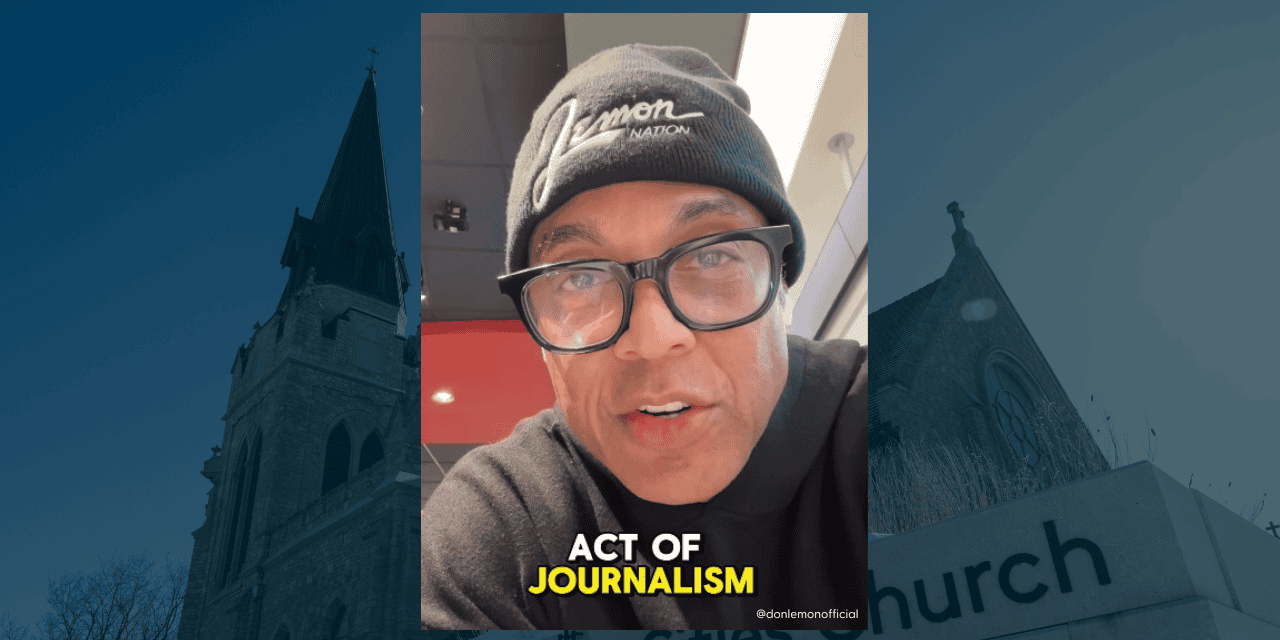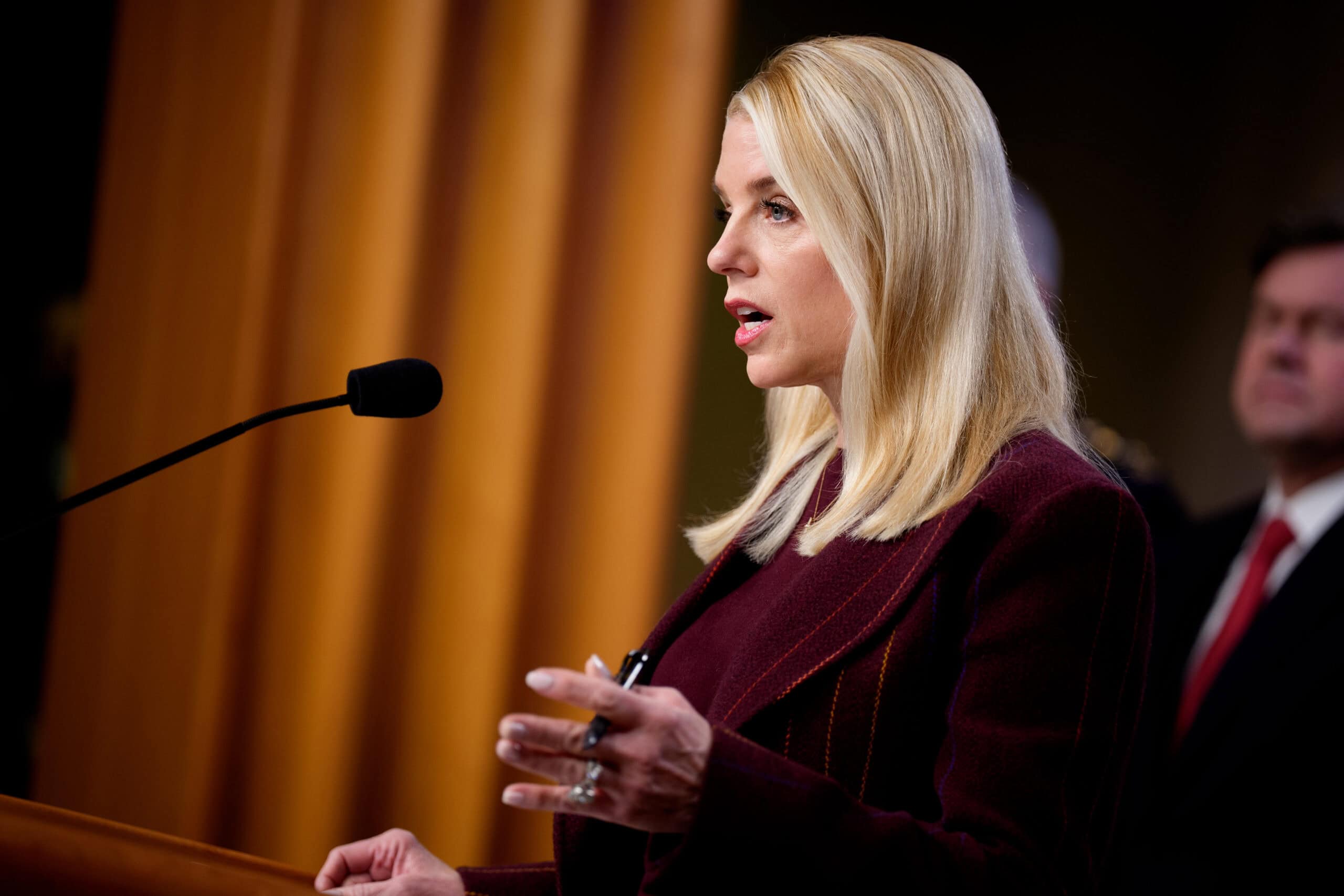Supreme Court Turns Away Religious Hiring Case from Christian College – for Now

Gordon College, a Christian educational institution in Wenham, Massachusetts, asked the U.S. Supreme Court to review an employment dispute with one of its professors that has turned into a religious freedom battle over whether the government can force it to hire people who oppose the institution’s mission and values.
The high court refused to take the case – for now. But a strong statement from four of the court’s conservative justices warned the Supreme Court of Massachusetts – which ruled against the college – that its cramped interpretation of religious freedom in its handling of the case thus far was “troubling.”
Professor Margaret DeWeese-Boyd was employed by Gordon College in its Department of Sociology and Social Work. When her application for a promotion to a tenured position was turned down in 2016, she filed suit against the school, alleging the college discriminated against her based on her LGBT advocacy on campus in violation of Massachusetts’ state nondiscrimination laws.
The school responded with two defenses. First, it argued the refusal of tenure for DeWeese-Boyd was due to her “lack of scholarly productivity, professionalism, responsiveness and engagement,” and not for anything else. Second, it argued that under the First Amendment and two U.S. Supreme Court rulings in recent years, a religious employer’s hiring decisions regarding its “ministers” cannot be second-guessed by government officials or preempted by nondiscrimination laws. That First Amendment right is referred to by the Supreme Court and others as the “ministerial exception.”
Gordon argues that due to its historic Christian founding and mission, as well as its internal policies and faith statements, all its professors qualify as “ministers.”
When Gordon College asked the Massachusetts state courts to dismiss the claims based on the “ministerial exception,” it lost. The Massachusetts Supreme Court ruled that since DeWeese-Boyd did not teach any religion classes or have any other purely religious functions, the “ministerial exception” didn’t apply, and thus Gordon College could be sued for LGBT discrimination.
The college appealed to the U.S. Supreme Court, which denied its request to hear the case. That’s the bad news.
The good news is that the high court felt it was too soon for it hear the case, since there hasn’t been a trial or any other fact-finding hearing yet in the lower courts which would pin down the facts. That means the case could come back to the justices.
And we only know about the court’s reasoning because of a “statement” written by Justice Samuel Alito and joined by three other conservative justices – Justices Brett Kavanaugh, Clarence Thomas, and Amy Coney Barrett – that was attached to the court’s order denying certiorari.
And it’s indeed a strong statement, essentially warning the Massachusetts Supreme Court that its expressed understanding of the “ministerial exception” doesn’t match the U.S. Supreme Court’s rulings.
“The Supreme Judicial Court of Massachusetts held that this ‘ministerial exception’ did not apply to a professor at a religious college who ‘did not teach religion or religious texts,’ but who was still expected to ‘integrate her Christian faith into her teaching and scholarship,’” Alito wrote. “Although the state court’s understanding of religious education is troubling, I concur in the denial of the petition for a writ of certiorari because the preliminary posture of the litigation would complicate our review. But in an appropriate future case, this Court may be required to resolve this important question of religious liberty.”
Specifically, those four justices appear to be sympathetic to Gordon College’s argument that all professors at the school are “ministers” because they must sign a “Christian Statement of Faith,” and are expected to “engage students in their respective disciplines from the perspectives of Christian faith” and “to participate actively in the spiritual formation of its students into godly, biblically-faithful ambassadors for Christ.”
The case will go back to the Massachusetts state courts for a trial. To be sure, the issue of the college’s right to claim a “ministerial exception” is an important one that could return to the U.S. Supreme Court after the courts in The Bay State are finished with it. When the college asked the high court to step in back in August 2021, its attorneys at Alliance Defending Freedom (ADF) outlined the importance of this case in a press release.
“The government should not interfere with the religious decisions of religious colleges,” said ADF Senior Counsel and Vice President of Appellate Advocacy John Bursch. “Gordon College works to stretch the mind, deepen the faith, and elevate the contribution that Gordon students and graduates make to the world around them. Gordon’s professors are the key to teaching the faith to its students. And the First Amendment is clear: The government has no business telling a faith-based college how to exercise its faith.”
The case is Gordon College v. DeWeese-Boyd.
Photo from Shutterstock.
ABOUT THE AUTHOR

Bruce Hausknecht, J.D., is an attorney who serves as Focus on the Family’s judicial analyst. He is responsible for research and analysis of legal and judicial issues related to Christians and the institution of the family, including First Amendment freedom of religion and free speech issues, judicial activism, marriage, homosexuality and pro-life matters. He also tracks legislation and laws affecting these issues. Prior to joining Focus in 2004, Hausknecht practiced law for 17 years in construction litigation and as an associate general counsel for a large ministry in Virginia. He was also an associate pastor at a church in Colorado Springs for seven years, primarily in worship music ministry. Hausknecht has provided legal analysis and commentary for top media outlets including CNN, ABC News, NBC News, CBS Radio, The New York Times, the Chicago Tribune, The Washington Post, The Washington Times, the Associated Press, the Los Angeles Times, The Wall Street Journal, the Boston Globe and BBC radio. He’s also a regular contributor to The Daily Citizen. He earned a bachelor’s degree in history from the University of Illinois and his J.D. from Northwestern University School of Law. Hausknecht has been married since 1981 and has three adult children, as well as three adorable grandkids. In his free time, Hausknecht loves getting creative with his camera and capturing stunning photographs of his adopted state of Colorado.
Related Posts

Was Don Lemon a Protestor, a Journalist or a Worshipper in Cities Church Disruption?
February 13, 2026

Pastor Son’s Trial and the Crisis in South Korea
January 22, 2026


